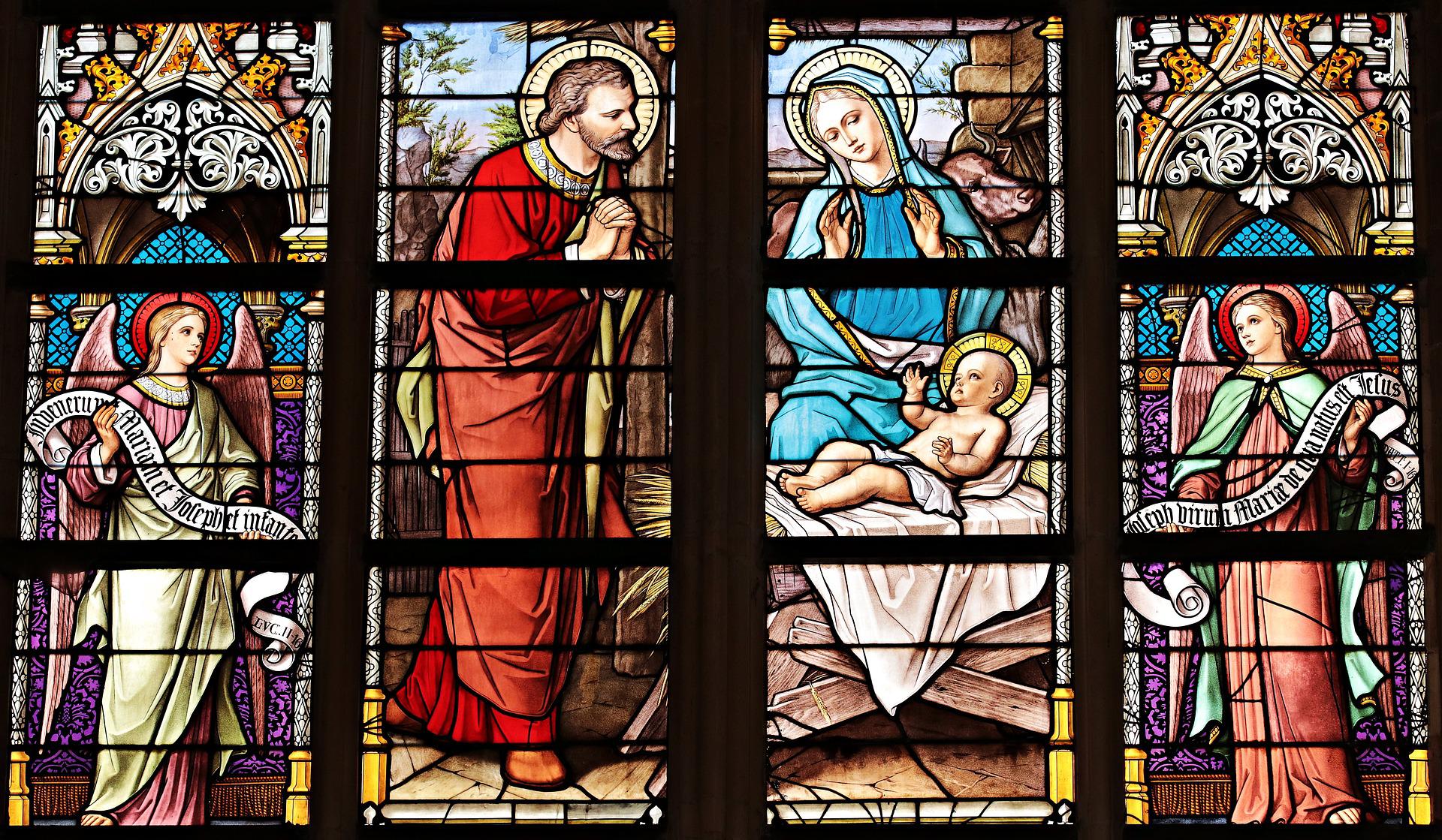
14 Courses

NT 513 I and II Corinthians Term 1 2023-24
This course is a critical study of the background, content, and specific theological themes of I & II Corinthians. Attention is given to background issues, critical issues, and other elements that contribute to understanding the letters to the Corinthians. The issue of unity and its relationship to Paul’s teaching in these letters receives intentional attention, especially as it relates to leadership in the 21st century Christian church.

PS 104 General Psychology Term 1 2023-24
General Psychology is a study of the behaviour of organisms from the simple stimulus/response mechanism to the human mind in its reactions to conditions and environment.

PS 405 Psychopathology Term 1 2023-24
Psychopathology is designed to provide the student with a basic understanding of abnormal human behavior. Models of abnormal behavior, methods of classification of mental disorders and approaches to treatment of these disorders will be discussed.

PH 201 Introduction to Philosophy Term 1 2023-24
Introduction to Philosophy (PH 201) acquaints the student with the terminology and the significant problems of the field of philosophy especially in relation to the Christian faith.

NT 312 Biblical Greek I Term 1 2023-24
A study of “Koine” Greek, the form of the Greek language used in the New Testament. Basic Greek vocabulary and grammar will be taught and applied to the translation of selected New Testament texts. This online course is built around Biblingo software.

TH 551 Systematic Theology Term 1 2023-24
Systematic Theology (TH 551) aims to lay the foundation for a firm grasp of the basic doctrines of the Christian faith. While the theological perspective assumed is that of the Wesleyan Church, the student is encouraged to interact with other Christian perspectives as a way to gain a clearer understanding of his/her own view.

PM 505 A Theology of Pastoral Leadership Term 1 2023-24
This course in the MAPT program develops and builds upon experiences gained in practical ministry and knowledge acquired through the prerequisite courses in Bible, theology and professional studies. The focus here is especially on the transformational role played by Christ like servant leaders in the life of a missional congregation. Special attention will be given to understanding the leader’s challenges in leading a Great Commission ministry to prevail in our current culture.

PM 506 Capstone Project Term 1 2023-24
A major objective of this degree is to provide a special emphasis on integrating scripture and biblical theology with pastoral leadership, worship, evangelism and discipleship, a deeper understanding of the church, and spiritual formation. Class work in each of the specific MA courses will include the opportunity to design assignments around some ministry need or theme each student will choose.
In order to further facilitate the program objectives, the final course in the MAPT program is a Capstone Project in which students will revise, compile and/or create a set of ministry resources oriented around a particular need or theme they had earlier identified at the beginning of (or during) the program. This project will involve the processing, assimilation, and compilation of principles, insights and methodologies gleaned from the integration of class work and ministry involvement in the core curriculum of the degree. The completion of this project will be your final “class.”

HIX 4011 Wesleyan History & Discipline Term 1 2023-24
The course will examine the theological and historical events and people who helped shape the development of The Wesleyan Church from its roots in early Methodism to the present. Emphasis will focus on identifying the key distinctive values of the Church in its beginning stages and how these values continue to shape the message and mission of the Church today. The course will also provide an opportunity to gain a working knowledge of The Wesleyan Discipline as a helpful tool for church governance and administration.

HIX 4011 Wesleyan History & Discipline GLR Sep/Oct 2023-24
This course is an introduction to the Discipline and a survey of the historical development of The Wesleyan Church. The student will be introduced to the doctrines, standards, practices and procedures that govern the church and the theological, historical, and sociological factors which have shaped the development of the denomination.

NTX 1011 New Testament Introduction GLR Sep/Oct 2023-24
This course will enable the student to gain a clearer understanding of the New Testament as a whole, as well as its parts. Students will gain factual knowledge that can be passed along so that all can better know the Jesus of the New Testament and share His good news with others. The student will gain knowledge about the structure, content, historical, cultural, geographical, and literary characteristics of the New Testament as a whole and each of the individual books. The student will also explore his or her own use of Scripture as a tool for personal and corporate discipleship.

PS 209 Realities of Addiction and Recovery (Oct/Nov 2023)
In a society plagued with addiction to alcohol and other drugs, gambling, pornography, and other behavioral compulsions, there is disagreement on how to help people. Whether a minister, counselor, social worker, psychologist, or nurse, if your calling is to help others, research shows that about two-thirds of people who seek help do so because of their own addiction or that of someone they live with or care about. The reasons that people bring to helping professionals are usually not the addiction, but its symptoms…depression, anxiety, marital or other family problems, etc. In this course, learners learn what works and what doesn’t work in helping addicted people recover.

PSX 3011 Pastoral Counselling VC Term 1 2023-24
The objective of this study is to acquaint the student with various approaches to pastoral problems and the duties of a pastor in assisting persons in need. The student will gain an understanding of ministry appropriate to proper pastoral care. It will include the work of the pastor from both a psychological and theological frame of reference.
